The straight-talking monthly column on all things country, Americana, roots and acoustic…
This is something that I’ve wanted to write about for a long time. I just haven’t had the energy to actually do it, until now. But I’ve finally heard enough…
It all came to a head when I sat down for the CMA’s Songwriter Series show at London’s O2 Indigo in March. If you have followed my writing over the years, then you probably know that I am a ‘songwriting freak.’
I was eagerly looking forward to seeing the five songwriters performing: Brett James, Nicolle Galyon, Natalie Hemby, Kip Moore and Luke Combs (pictured below). I love hearing the writer singing a song that maybe was successful for a well-known performer.
Often there’s a more personal or emotional vibe that they will bring to the song, not to mention the back-story of how the song came to fruition.
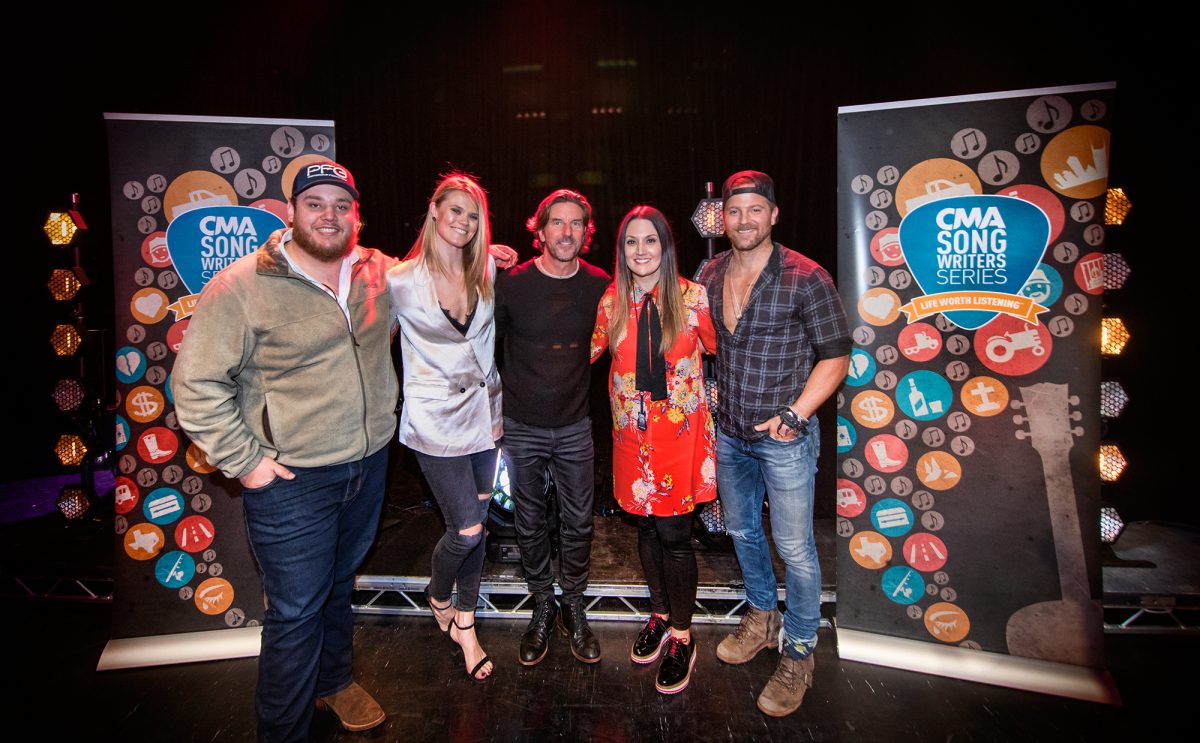
Sadly, disappointment was the order of the day. Let me clarify. The two ladies were excellent; passionate vocalists with mainly top quality and lyrically strong songs. Brett James, who I first came across in the mid-1990s when, as an artist, he was signed to Career/Arista Records, was very good.
Not the greatest vocalist, but a damn fine songwriter. Over the past 20 years he has penned dozens of top 10 hits, including more than 20 number ones. Which then brings me to the low point of the show and, ironically, a major problem with country music today.
Stripped bare of all the studio production tricks and lacking a band to paper over the cracks, both Kip Moore and Luke Combs emerged as poor Fourth Division vocalists.
Hilarious…
At times I couldn’t really tell them apart vocally, and unlike the other three singers on the stage, they both failed to engage me on any kind of emotional level. The only bright spot, when it came to their turn to sing, was the often hilarious introductions to a song, that set the audience up for something great, only to fall flat, when vocally, they failed to actually sell what was quite often a rather good song.
Unlike Brett, Nicolle and Natalie, who are regarded first-and-foremost as songwriters, both Kip Moore and Luke Combs are recognised as bonafide country stars, i.e. they are major recording artists and touring acts in the top league.
Increasingly, it seems that record labels are signing vocalists that in days gone by, would not have passed a simple audition. These days, if they have the necessary stage bluster and fit the current image of a major country star (bulging muscles, beard and backwards baseball cap), then their vocal ability is overlooked.
With the exception of a small number of distinctive and passionate vocalists, the majority of today’s current crop of male country singers do not possess that indefinable ingredient that saw names like Marty Robbins, Merle Haggard (pictured below), Hank Williams, Johnny Cash, George Strait, Jim Reeves, Don Williams, Glen Campbell, Alan Jackson and Buck Owens, become true icons of country music.
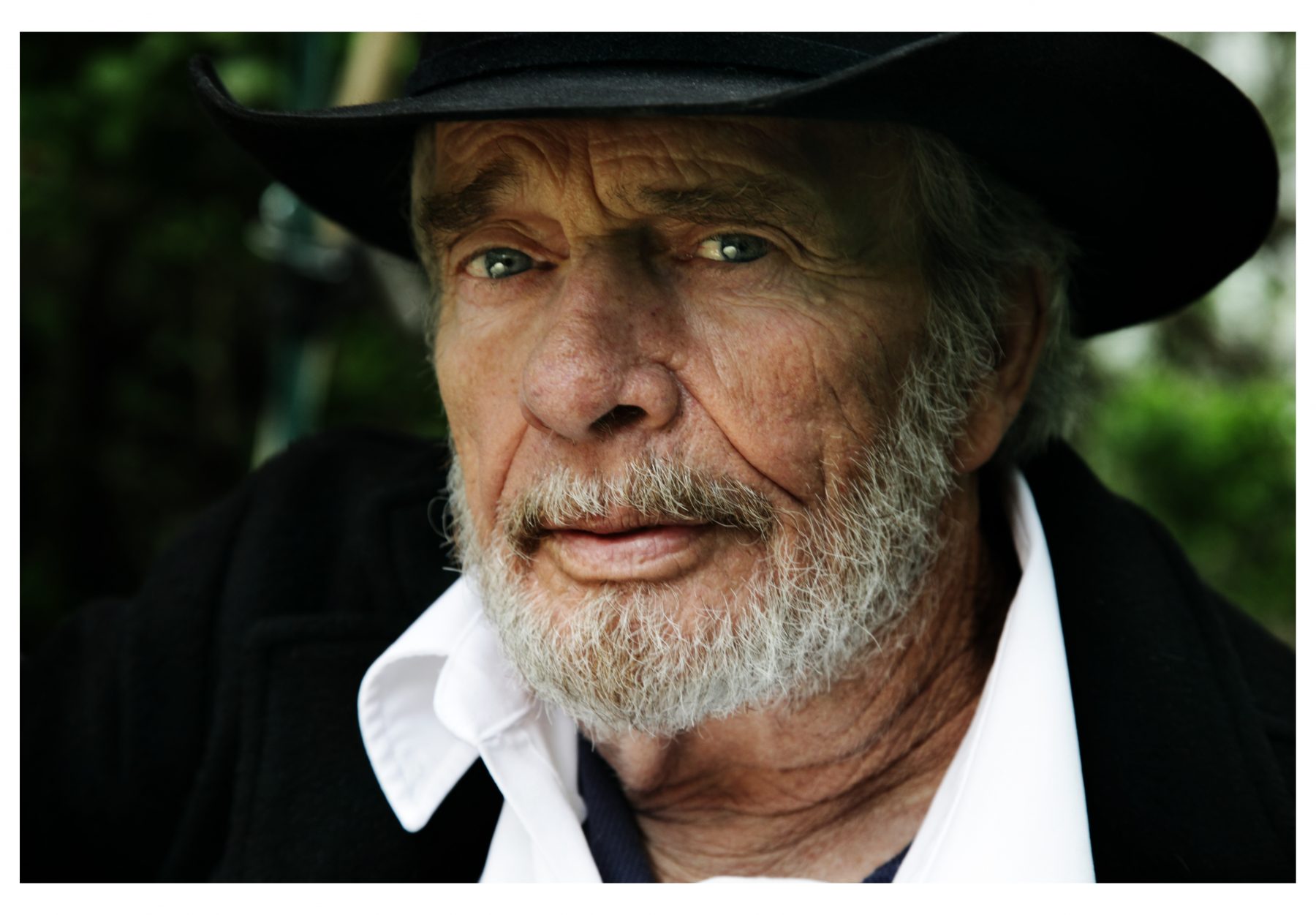
I don’t want you to think that I’m some boring old fart, totally against today’s male country singers, because nothing could be further from the truth. There are a small number that are exceptionally good, with genuine vocal chops and the kind of delivery that connects on an emotional level.
Here is a list that has literally just popped into my head as I’m typing this: Josh Turner (pictured below – top), Blake Shelton, Brett Young, Chris Stapleton, Eric Church (pictured below – 2nd shot down), Dierks Bentley and Chris Young.
In addition there are then those that have been around a little longer that I can add including Kenny Chesney, Tim McGraw, Brad Paisley, Toby Keith and Keith Urban.
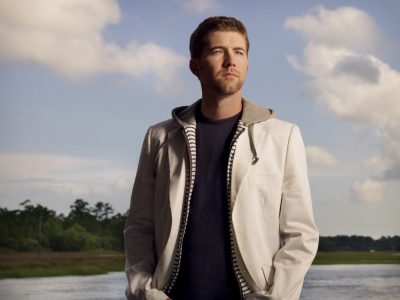
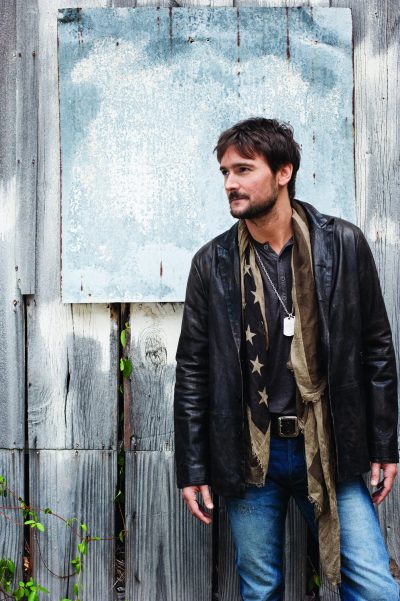
Disappointingly, the really distinctive vocalists tend to be either on the smaller independent labels, or for whatever reason, though signed to the major labels, have found it very difficult to get a foothold on the American mainstream radio playlists.
I’m talking here about guys like Mo Pitney, Craig Campbell and Charlie Worsham (pictured below).
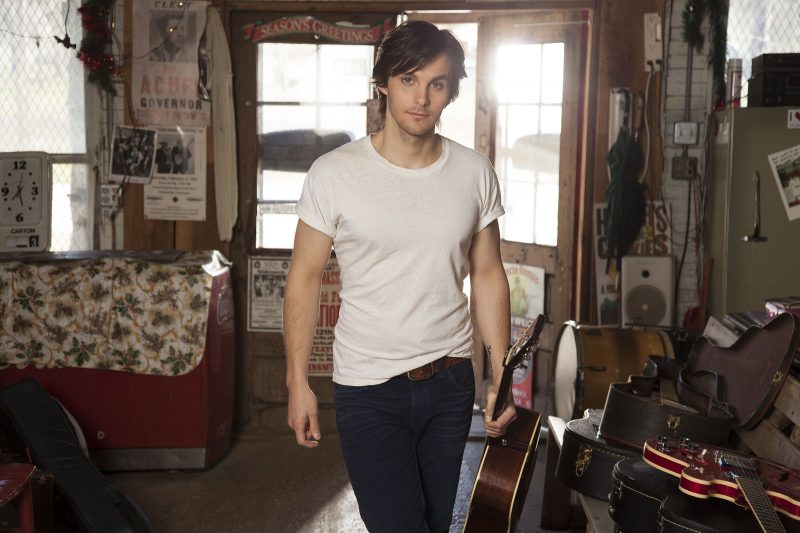
Nashville, and country music especially, used to be about quality songwriting. Songs relative to the reality of living, dying, loving and cheating. Even if it was uncomfortable, even if it hurt and even if was the unvarnished truth.
In the past few years, especially with the rise of the so-called ‘bro-country’ trend, the real-life story songs that used to epitomise the country music genre have been replaced by exponentially moronic ‘bro country’ lyrics and indistinguishable production, that is emotionally detached from the spirit of country music.
The result is that mainstream country radio has been dominated by such damn-arsed songs as Cole Swindell’s Flatliner, in which homogenised nonsense rules over thought. Or even over actual words: ‘What’s a country boy to do/but say uh huh,’ or ‘That shake in your giddy up/Got my eyes going what what.’
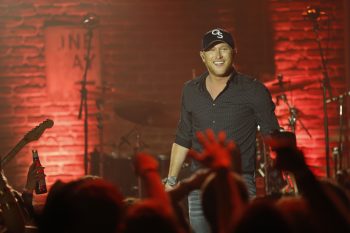
To be fair, country music has a long history with goofy party songs, especially ones that pine over the fairer sex. From Hank Williams’ twangy come-on Hey Good Lookin’ to Mickey Gilley’s proudly chauvinistic Don’t the Girls All Get Prettier at Closing Time, and even Florida Georgia Line’s Cruise, these types of tunes are nothing new.
weightless gibberish…
But passing this string of weightless gibberish as lyricism seems to me almost beyond belief. Surely the record label guys who are lining their own pockets in lieu of cutting the very best songs, are shooting themselves and their artists in the proverbial foot.
Fans vote with their dollars, and the songs and artists that enjoy the most enduring and successful careers, are the ones that come up with great songs. It doesn’t matter to the listener whether a song is pop or traditional or rock-leaning, if it’s great then they will respond.
A case in point was Josh Turner’s Long Black Train, an old-fashioned country morality tale about sin and redemption, with a chorus that would be right at home at a Baptist revival meeting. Though it only reached # 13 on the Country Chart, it reached gold classification from actual sales and catapulted the singer to major stardom.
Lyrics play a major role in country music. Hank Williams was referred to as the Hillbilly Shakespeare for good reason; the same for Merle Haggard ‘the Poet of the Common Man’ and Tom T Hall ‘the Storyteller.’
No one knows the heart or genius of true artists, but the artists themselves. No one can predict them or imitate them or even steer them towards success. They are by definition, single-minded people who cannot – and must not – see things the way the rest of us do.
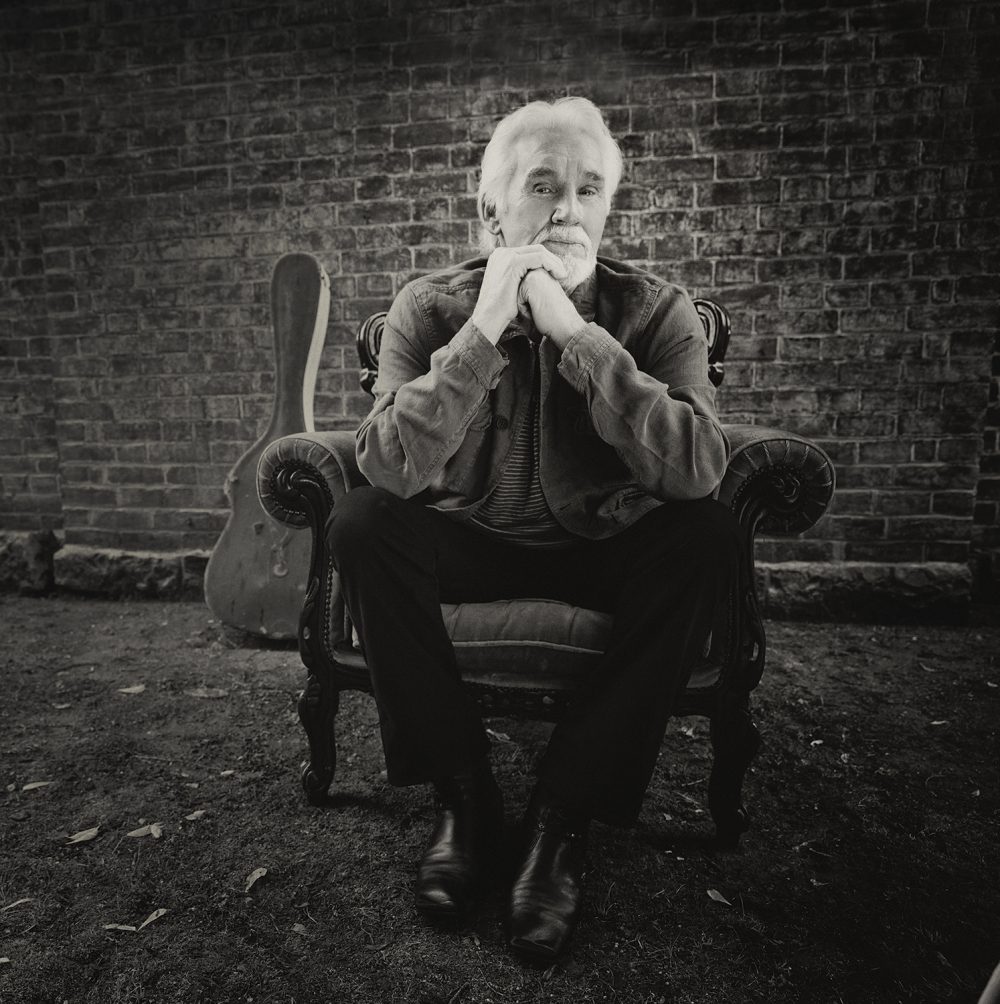
Once upon a time, the music business was run by passionate amateurs who revered the artists and who became their protectors, advocates and promoters. They didn’t presume to tell their artists what to do, they guided them with a passion. And so, we had a landscape of determined individualists who made very individual music – lots of it.
For too long, the biggest part of the business is run by cold-hearted professionals whose reverence is for the bottom line first and last – and who think nothing of imposing their ideas and will on the people they sign.
And most of those signings are not because they are enthralled by genius or art, but because they smell ‘a hit’ or know that someone else does and that they’d better get in there first.
You don’t see the kind of people like Willie Nelson, Johnny Cash, Waylon Jennings, Marty Robbins and Kenny Rogers (pictured above) emerging on the major labels these days. These were all individual people. They didn’t all wear the same cowboy hat.
Now, it’s like the singers have all come out of a mould…Discuss!
By Alan Cackett
Photograph credits:
Luke Combs, Nicolle Galyon, Brett James, Natalie Hemby and Kip Moore: Photo by Anthony D’Angio
Cole Swindell: Photo by John Russell
Johnny Cash: Photo courtesy of the Country Music Hall of Fame and Museum, Nashville



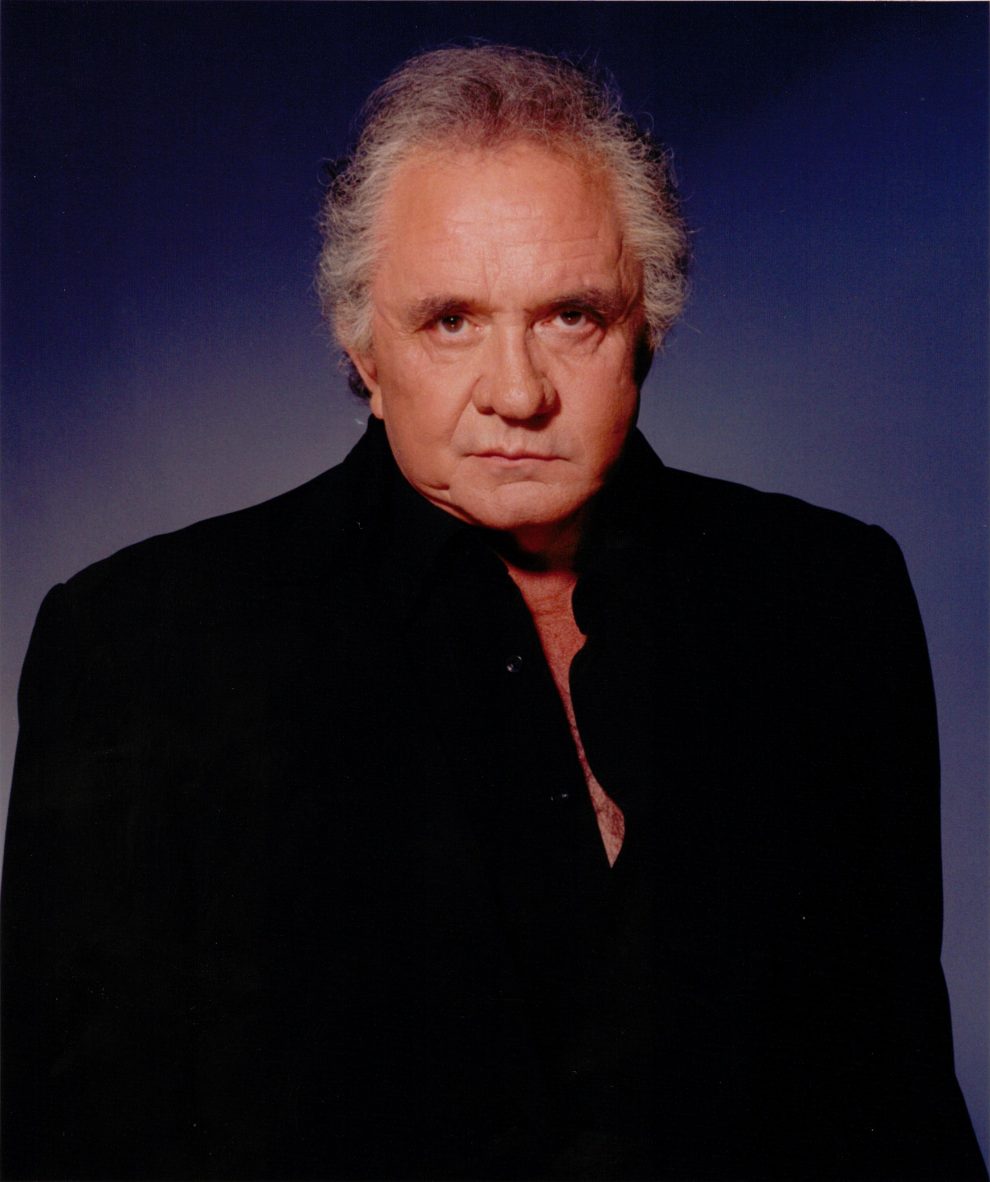
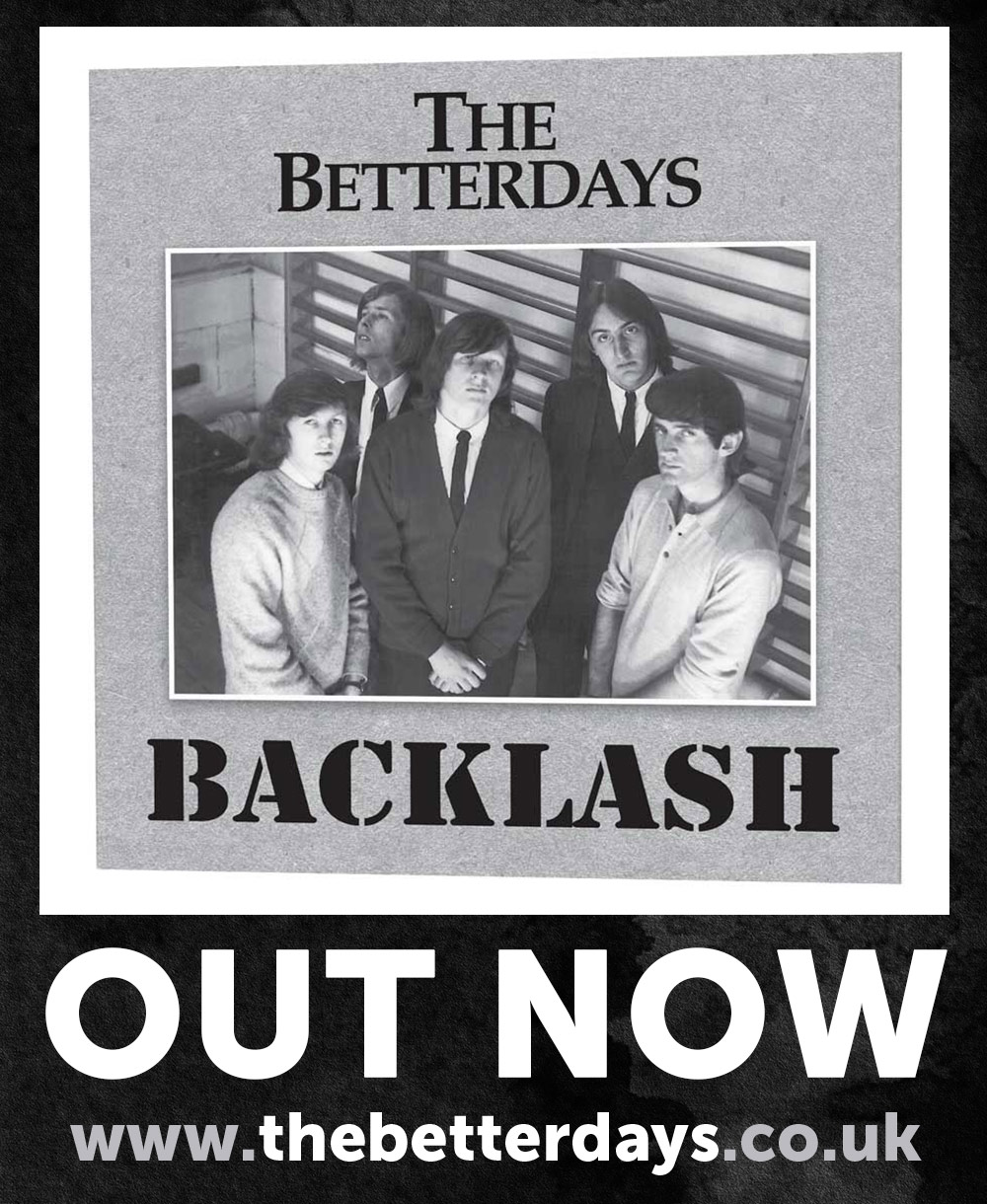












Recent Comments